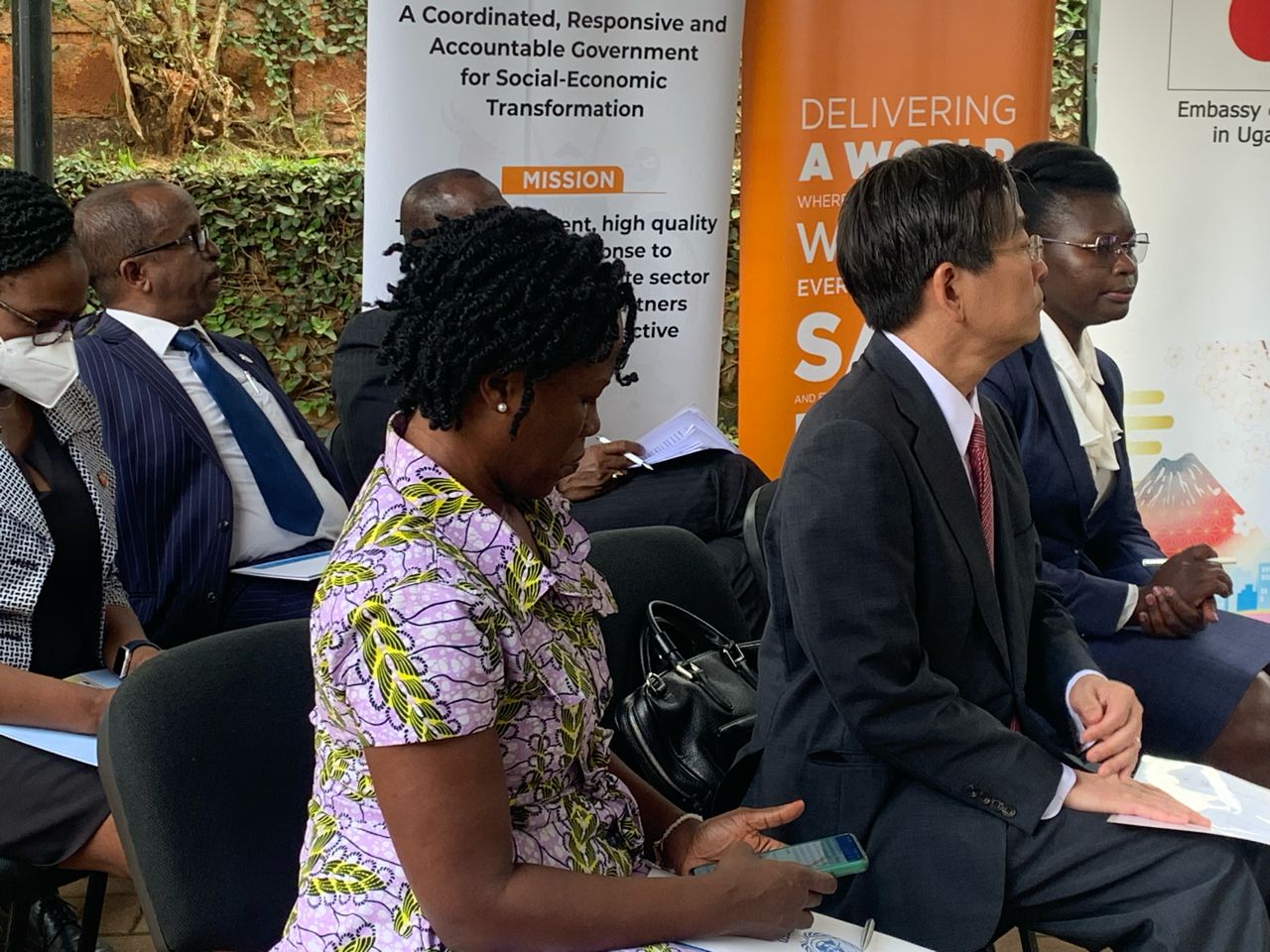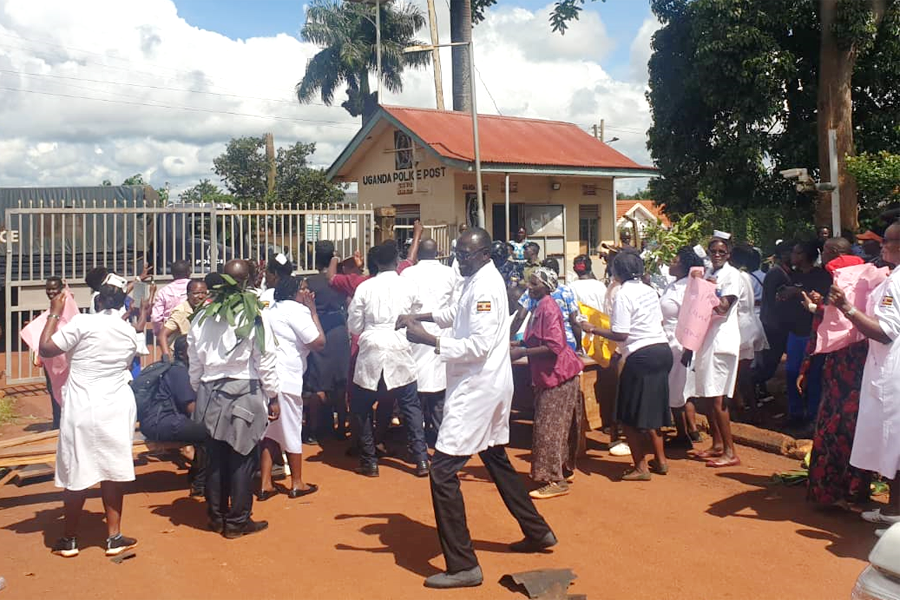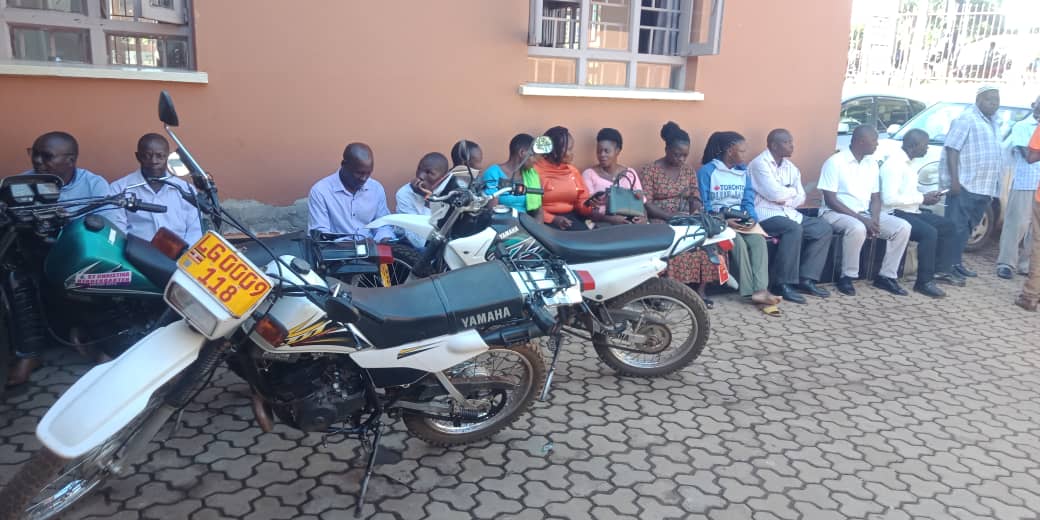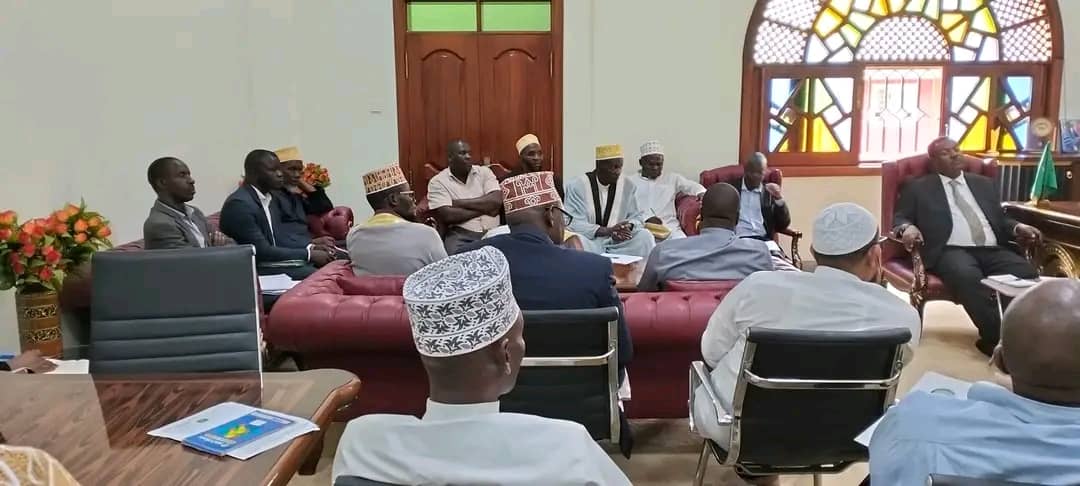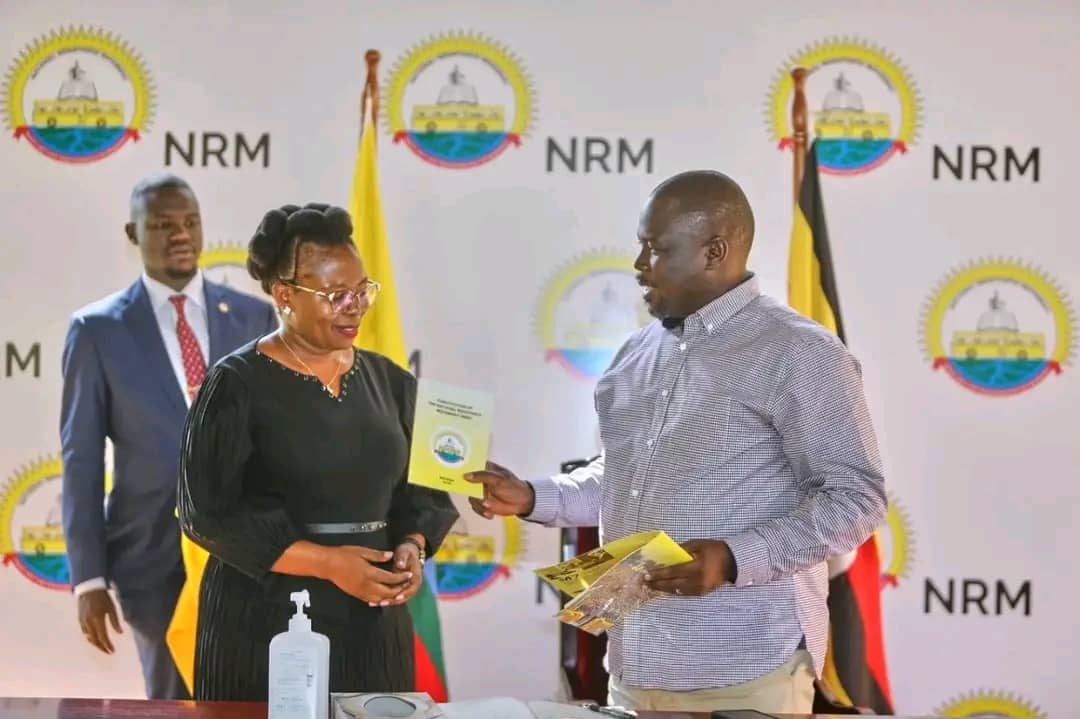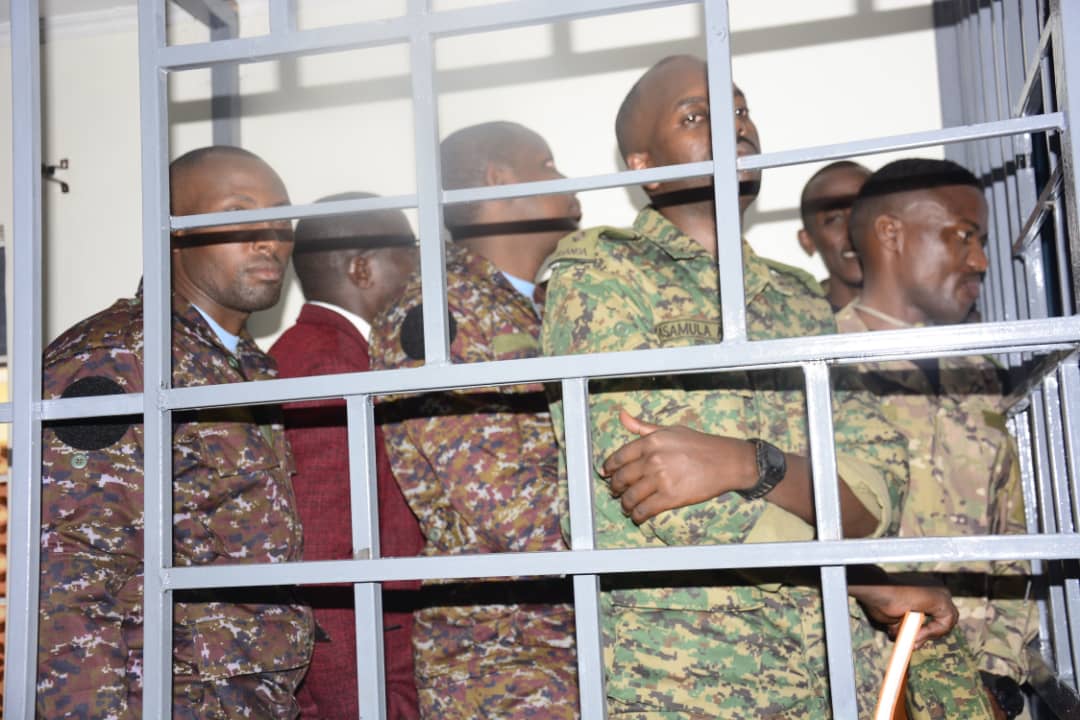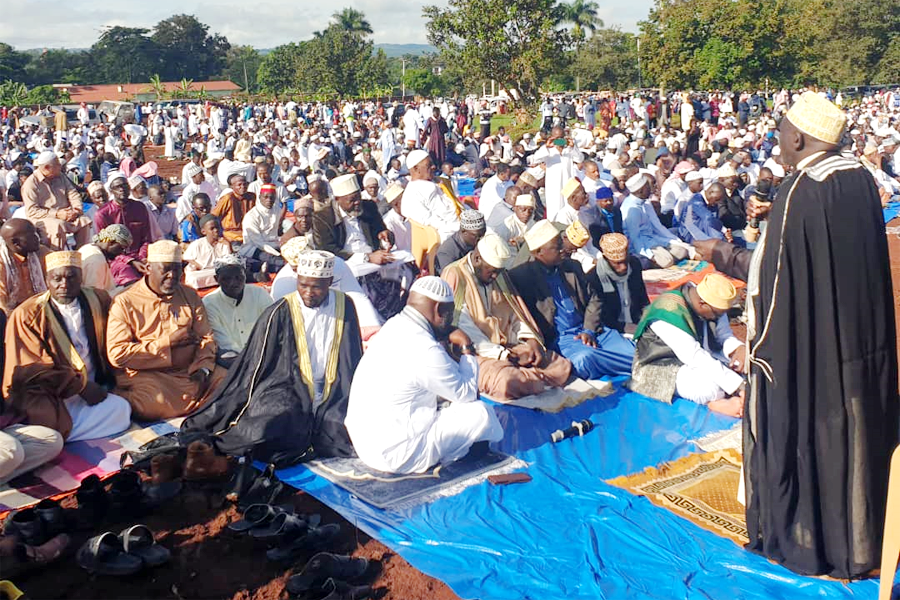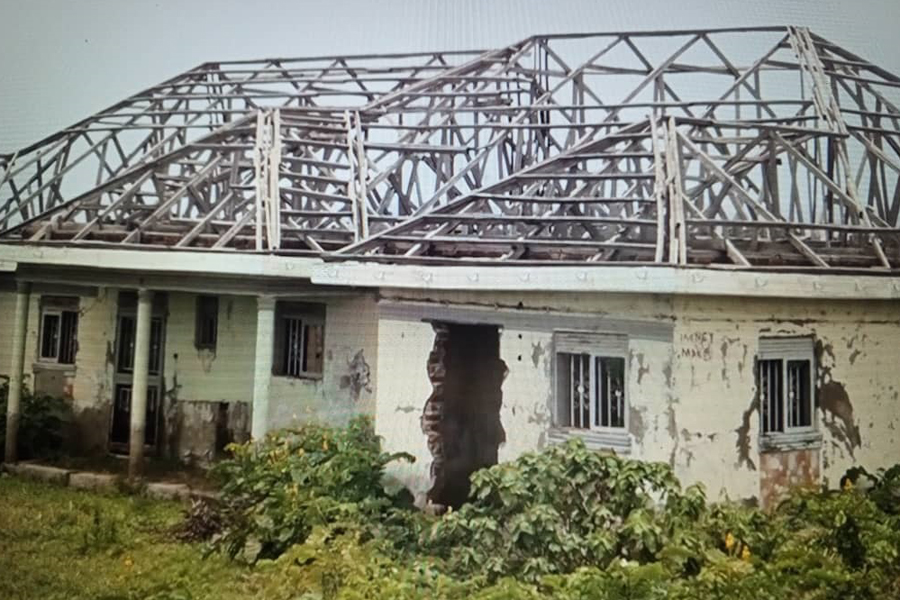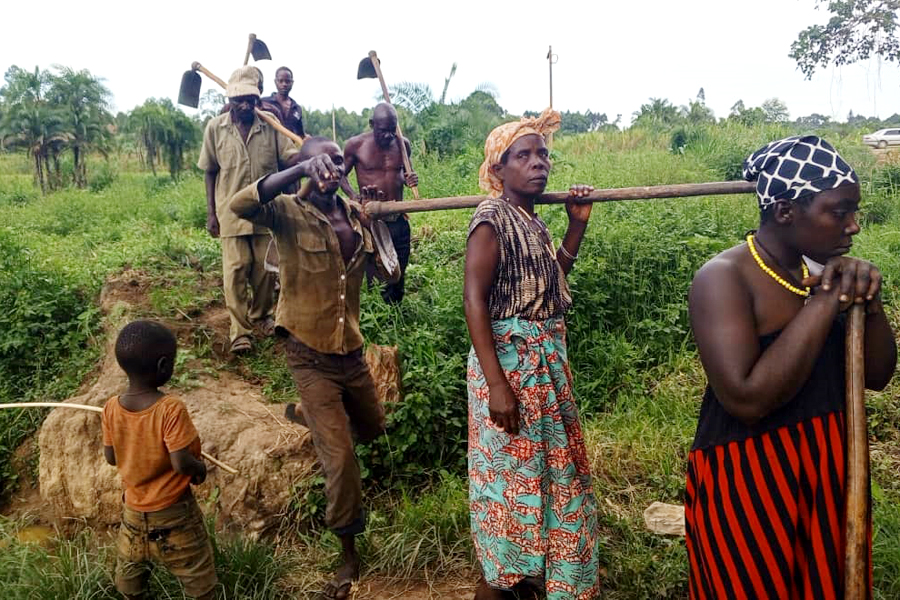President Yoweri Museveni's former tutor has described him as a bright but fierce, forceful, frightening and intimidating student during his days at the University College, Dar es Salaam.
Dr Graham Mytton, a veteran scholar, author and media researcher who began his career in Tanzania 50 years ago, says the future president of Uganda was "certain in his leftist ideas and did not brook much discussion about them."
Keep Reading
“In Political Science, I remember the big topic during the semester about the different notions of democracy, practices and ways of having representative government in the world. I remember very well that the essays were of very good quality but one student always stood out as the best, was Yoweri Museveni, he never got a bad mark, he would always get A’s. The only problem with Museveni is that he was very serious,” he said
In a Skype interview with Uganda Radio Network from his home in Surrey, South East England, Dr Mytton says Museveni was too serious and lacked a sense of humour, something he attributes to the "ideological ferment that was University College, Dar es Salaam at the time.
Mytton, now 75, joined the University College, Dar es Salaam in August 1967 as a postgraduate research associate with interest in the media in Africa. He was encouraged by his supervisor at the University of Manchester in the United Kingdom. A month earlier, Yoweri Museveni had joined the university as an undergraduate student studying Economics, History and Political Science. It was during this time that Mytton interacted with and tutored the future revolutionary, politician and statesman.
Mytton would interact with the Musevenis for about six months as a tutorial assistant before leaving to embark on his research into the media in Tanzania. This research would take him to other countries such as Zambia and Uganda during that time. He would later also work for the BBC World Service as a producer and a researcher among other tasks and author several books on media and audience research in a career that spans 50 years.
In November 1967, just four months after joining the university, Museveni would team up with students from other countries to form the University Students African Revolutionary Front (USARF), a discussion group that advocated for Pan-African unity and advancing the struggle for Africa's independence.
To further entrench their activities, the USARF students started a magazine in August 1969 and named it Cheche, Swahili for the spark. Museveni would later write in Cheche saying USARF was started "to encourage revolutionary activities in the college, and to transform the college from being a centre of reaction…to being a hotbed of revolutionary cadres that would dedicate themselves, unto death, to the cause of the African Revolution."
Other USARF leaders at the time included, among others, Karim F. Hirji from Tanzania who later became a political science scholar and author and Archibald Kapote Mwakasungura from Malawi who also became an author, diplomat and human rights activist. Others were Henry Mapolu, Zakia Hamdani Meghji, George Hajivayanis, Eriya Kategaya, James Wapakhabulo and Ramadhan Meghji among others.
As part of USARF activities, Museveni introduced three-hour "ideological lectures" every Sunday, in which he and colleagues such as Mwakasungura and Hirji would engage students on revolutionary and leftist ideas of such as those espoused by Karl Marx, Mao Tse Tung, Franz Fanon
Commenting on their activities and political ideas, Mytton says they were "a little bit intolerant to views from those who were seen as opposing socialist ideals
USARF became so powerful in its three years of existence that it regularly organised public debates and lectures inviting several big-name leftist scholars such as Walter Rodney, John Saul, Strokely Carmichael, Giovanni Arrighi and Lionel Cliffe among others to engage students in debates. Others were Eric Williams Chedi Jagan and Edwrdo Mondlane, the Mozambican revolutionary leader who was at the time heading the Frelimo rebel fighters against the Portuguese colonialists.
It is these scholars and leaders - and their ideas - that Mytton says had lasting impressions on students including Museveni.
In one of its issues of Cheche in 1970, Museveni writes about the impact of these scholars during public lectures. He berates the culture at the university in 1967 and says he was disappointed when what he expected was not what he found, but that the USARF lectures had changed everything.
"I found that the students were lacking in militancy and were all hostile, not only to socialism, but even, at least some of them, to the whole questions of African Liberation."
On the impact of USARF and its lectures, Museveni said: "The deep impact they made on a number of students swelled our ranks, and enhanced our reputation so much that the reactionary authorities at the College began to worry…We waged such a resolute struggle against the interests of imperialism that the reactionaries thought we were mad."
At one point according to Museveni, the USARF "militants engaged in physical confrontation with the reactionary students" forcing police to intervene to separate the two groups.
On being at Dar es Salaam at the time, Mytton says it was a good time for both students and lecturers, explaining that President Julius Nyerere was another inspiration to students through his frequent visits to the university.
While he gave students carrots, however, Nyerere also knew how to carry a stick when there was need. What students did not know as he came down from his pedestal to engage them, was that he was also exploring ways to deal with extremism and radicalism at the university, orchestrated by USARF and members of the ruling party youth league, especially through Cheche magazine. In one question-and-answer session Nyerere held with students on February 4, 1970, he accused USARF and the youth league of being "silly and childish. It was not long before both USARF and Cheche were banned in November 1970.
Dr Mytton remembers another incident around 1971 when students staged a demonstration at the British embassy and destroyed property. President Nyerere summoned them and asked them to apologise to the embassy officials which the students declined to do. He ordered their suspension from the university.
In September 1968, during his second year at the university, Museveni and other students visited the military camps of the Mozambican Frelimo fighters, a trip that would have a lasting impression on him as a student, future rebel leader, politician and statesman. Museveni would use the trip and experiences to write his undergraduate thesis titled "Fanon's Theory of Violence and Its Verification in the Liberated Mozambique."
One particular lesson Museveni picked from the Frelimo areas, in Nagade district of Cabo Delgado Province in North-Eastern Mozambique, was the use of the gun to address political questions.
In 1969, while speaking at Makerere University at a seminar on African liberation, Museveni argued that war was the highest form of political struggle for liberation and could only be fought by fighters who understood politics, not by politically neutral soldiers.
He argued that Franz Fanon in his book - The Wretched of the Earth - advocated violence in order to bring about total and authentic decolonisation of Africa. War would soon define his path as he sought to apply his political ideas, especially between 1971 and 1986.
Museveni graduated from the University of Dar es Salaam in March 1970 and briefly secured a job as a researcher in the office of President Milton Obote. Soon, however, he would mobilise for war, first as leader of Front for National Salvation (Fronasa) between 1971 and 1979 against President Idi Amin Dada who had overthrown Obote and then as leader of the National Resistance Army that captured power in January 1986 after five years of war.
Thirty years later, Museveni is still president of Uganda. He has since supported armed struggles in Rwanda, Democratic Republic of Congo, South Sudan, Central African Republic and Somalia.
Asked whether he saw this happening in the near future when he taught him 50 years ago, Dr Mytton said he knew Museveni would make an impact but not exactly the way he turned out.


